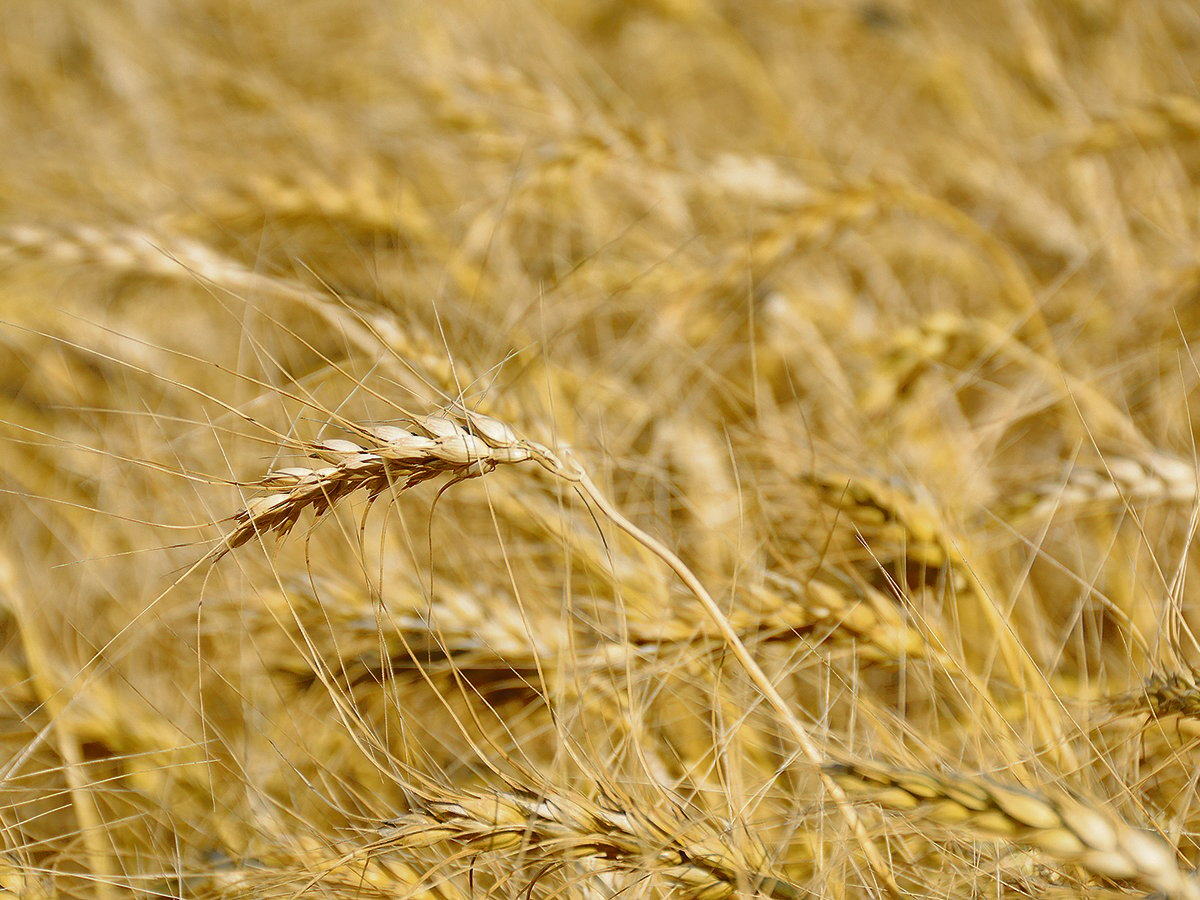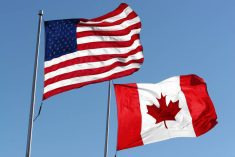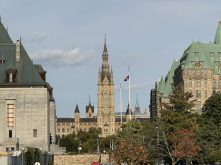REGINA — Changes announced to AgriStability on the eve of the federal election call have met with mixed reaction.
Saskatchewan premier Scott Moe said they amount to zero at this time and the Western Canadian Wheat Growers called them short-term political manoeuvres, while others called for their implementation.
The increase in compensation rate from 80 to 90 per cent, and a doubled maximum payment, were quietly announced on a Saturday evening as relief from Chinese tariffs levied on canola oil and meal, peas, pork and seafood.
Read Also

VIDEO: New drone carrier wins ag tech innovation award
PhiBer’s trailer to land, recharge and refil four drones won the ag tech award at the innovation program for Ag in Motion 2025.
The Agricultural Producers Association of Saskatchewan (APAS) said the province should immediately begin discussions with the federal government to implement the changes. President Bill Prybylski said the impact of the changes depended on whether the province took action.
But provincial agriculture minister Daryl Harrison said it can’t.
“The federal government announced proposed enhancements to AgriStability knowing full well these changes cannot be implemented until after the election,” he told the Legislature after the opposition NDP also called for action.
Harrison said there was no consultation, no details and no funding.
“There was no direction for officials to work on this program. Even if these changes were made today that support would not fall until 2026,” he said.
Wheat Growers’ president Gunter Jochum said the AgriStability changes would not provide much support anyway.
He said coverage only begins after a margin loss of 30 per cent, and that excludes some critical expenses.
“For canola producers the real margin loss threshold is closer to 45 per cent,” he said.
What’s worse, he added, is that only about 25 per cent of farmers are enrolled in the program. He called the announcement a “poorly conceived media distraction.”
Farmers require a cohesive long-term strategy that strengthens the sector, instead of patchwork announcements and reactive policy shifts, Jochum said.
APAS, although calling on the province to engage with federal agriculture minister Kody Blois on the proposed changes, also said farmers are facing immediate financial challenges that AgriStability won’t help.
Prybylski said market disruptions mean farmers may have to borrow more money to manage cash flow. APAS has asked Blois to increase the Advance Payments Program (APP) interest-free amount from $250,000 to $350,000 and to assess whether AgriInvest can be used as capital while longer term support measures are designed.
The organization noted that the APP was increased quickly when fertilizer tariffs were in place.
These latest measures will take longer because the provinces have to agree.
The Ontario Federation of Agriculture also urged its provincial government to opt in to the changes.
Contact karen.briere@producer.com


















